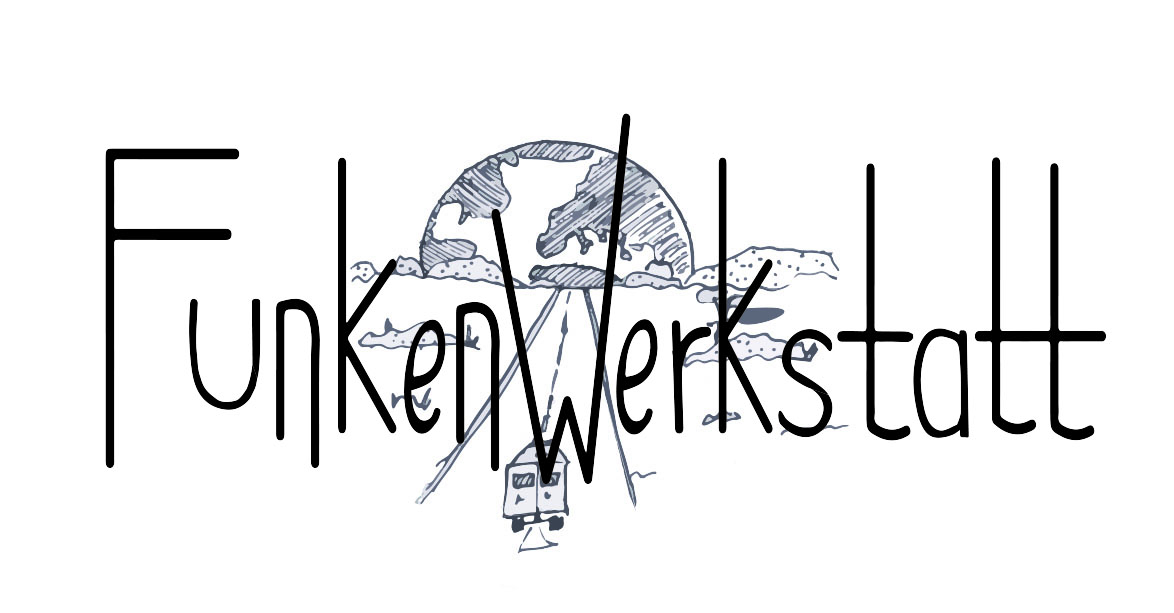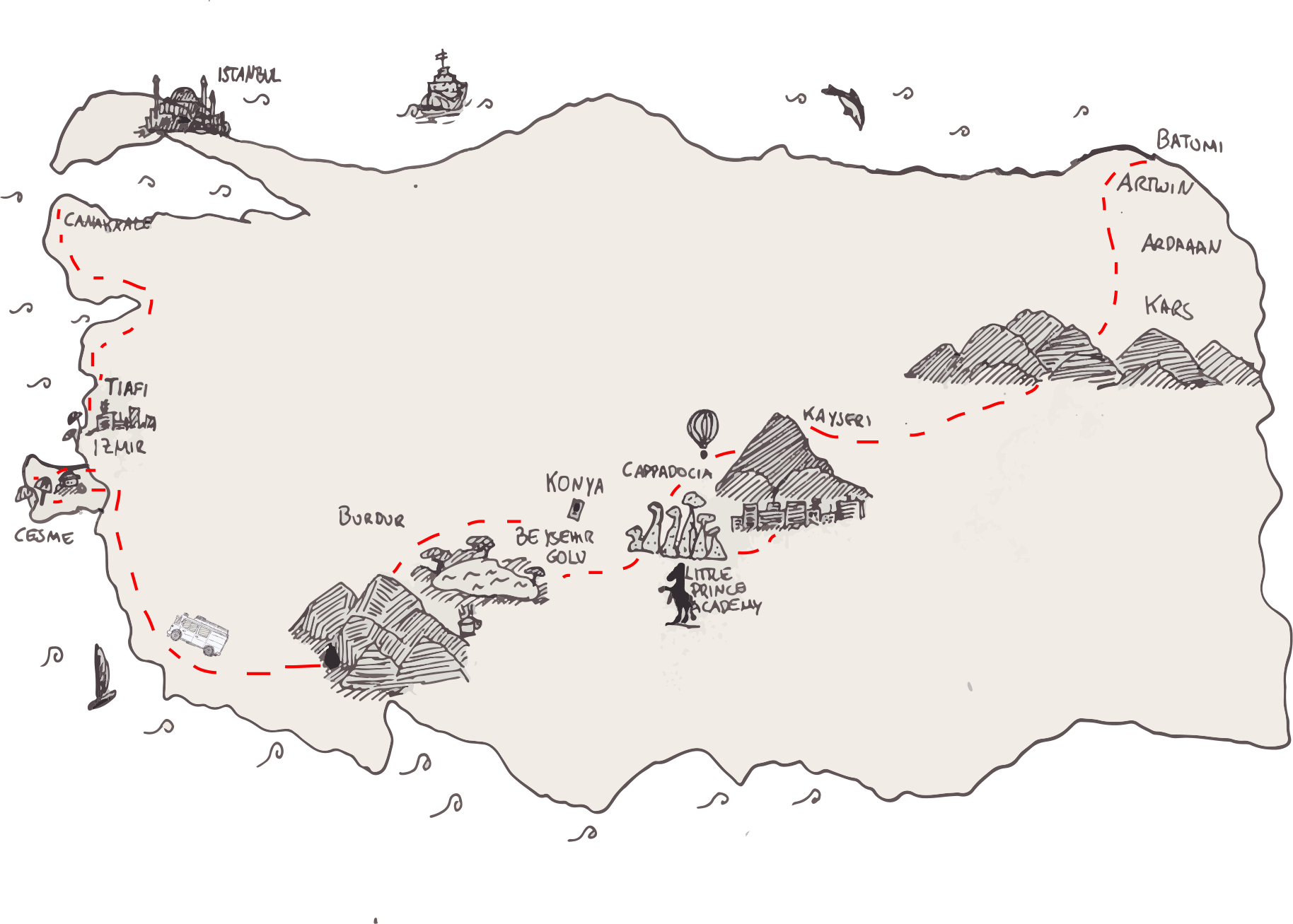


Placed in the middle of Turkey, Cappadocia is known from all around the world for its unique geology, caves and famous balloon flights. Thousands of years ago, ancient people came to central Turkey to build their small villages in caves. This tradition lasts until this day: Most of the buildings in
the city were carved into caves and are filled with restaurants and shopping facilities for tourists.
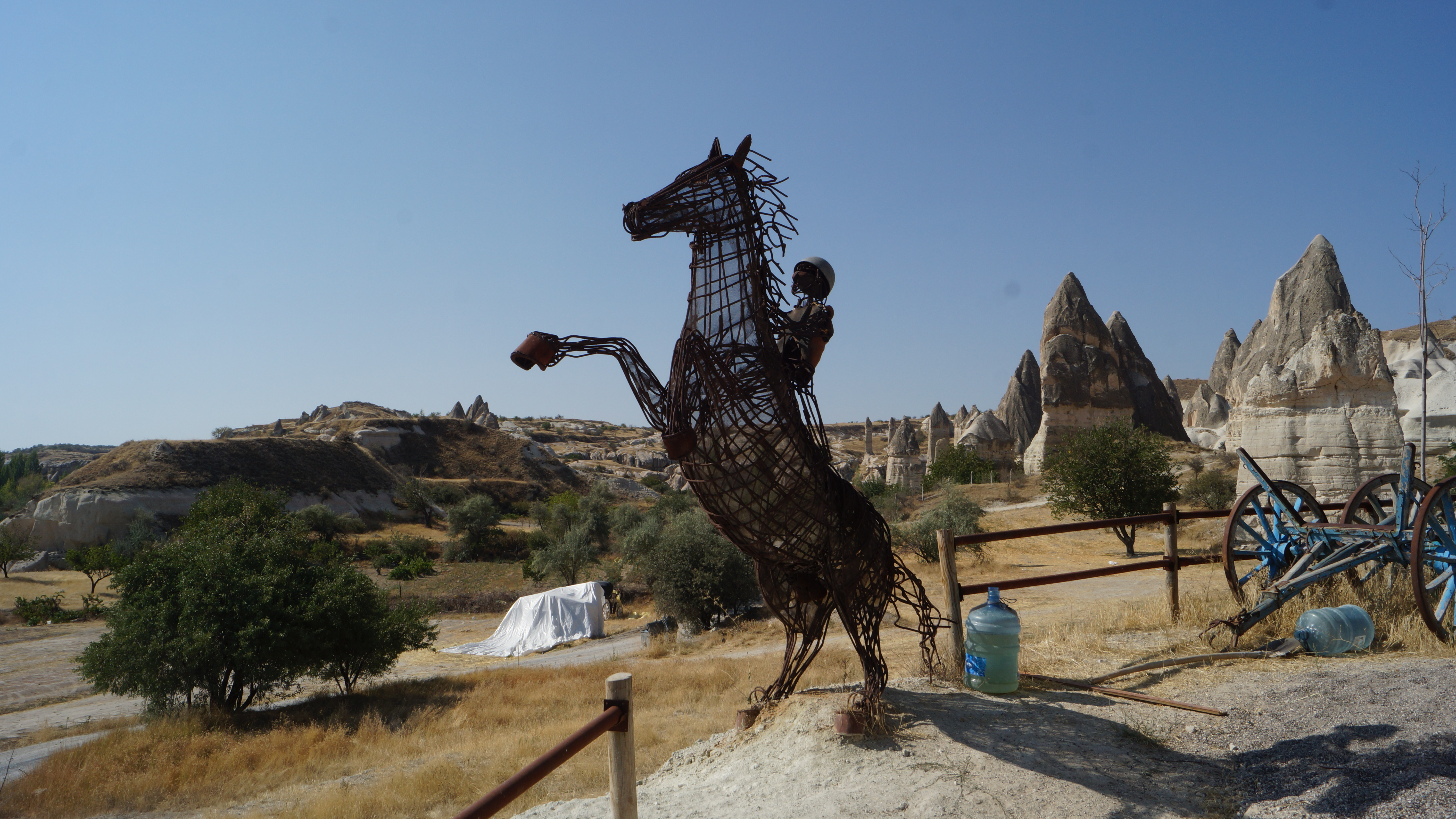
But besides these attractiive tourism lies a special place for very big reasons. It is called Little Prince Academy, which is a place for disabled people. Educated volunteers help to improve their abilities. Because the son of the former owner and initiator of the academy, Hassan, got Trisomy 21, also known as Down’s Syndrome, the Little Prince Academy came into being. Hassan decided to spend his money to develop a project, which provides equality and freedom to its visitors. Surrounded by a beautiful vulcanic landscape, the academy which was build into the rocks, has their own horse ranch, an open air cinema and a garden that is designed like a small permaculture, where they produce their own food.
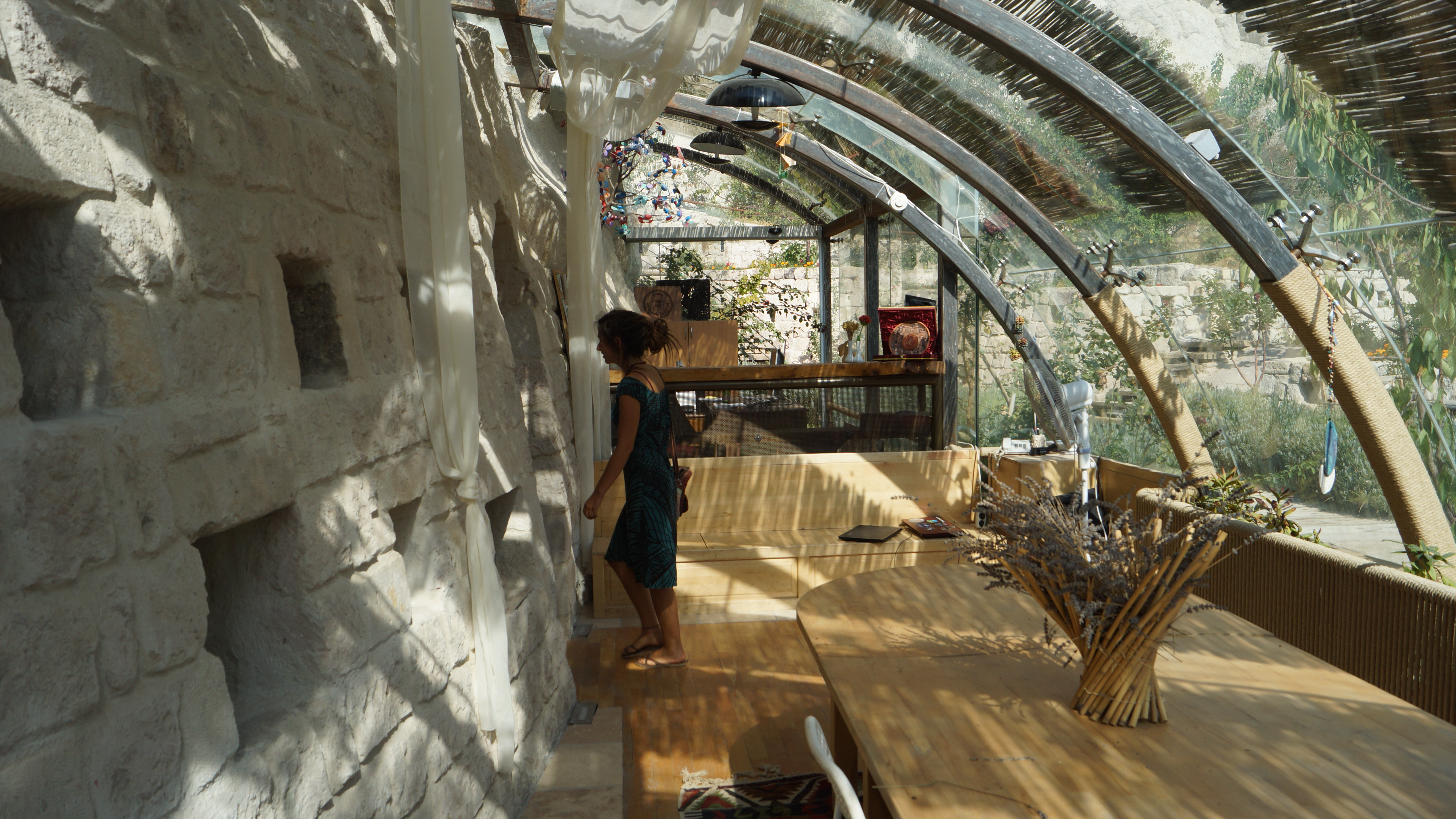
But not only on the outside everything looks well planned and designed. Inside, the academy is designed perfectly to accommodate the different disabilities of the special visitors. After entering the cave there is a kitchen, where the volunteers can cook fresh vegetables from their own garden. Moreover, there are several rooms for music therapy, meditation and dance workshops. Everything fits to the needs of the special visitors, there are no barriers for those who have a wheelchair and, ropes on the walls to support safe walking. Toys and music instruments are selected, in order to improve lack of different abilities. To support and take care of those visitors, volunteers from all around the world come to the academy. They are hosted in their own several apartments which look like a converted truck.
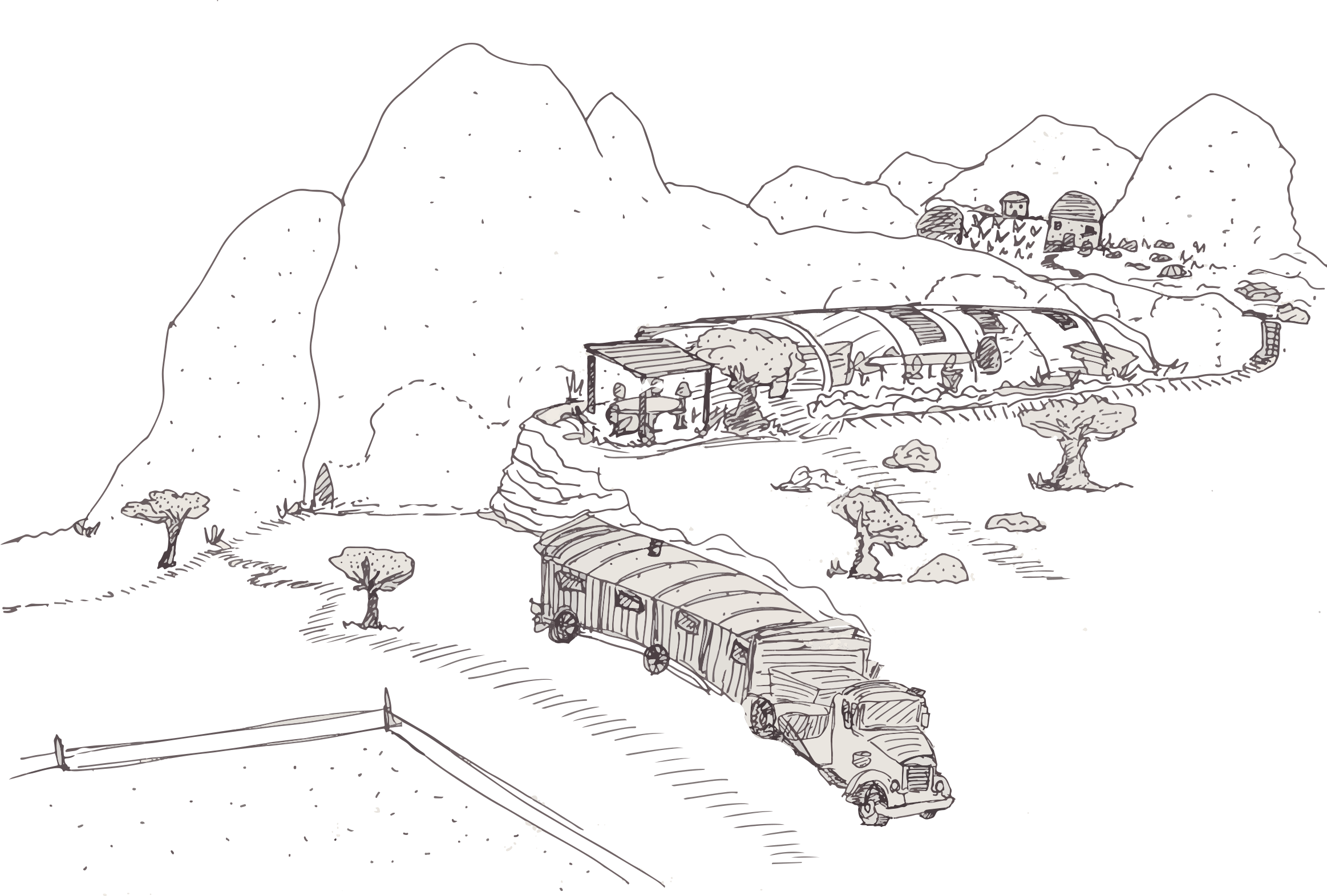
The focus at Little Prince Academy lies on multiple disabilities. Therefore, every morning the volunteers meet up to discuss in detail, what kind of workshops and therapies they will provide. The Little Prince Academy chooses volunteers with specific specializations, like, for example, dance performers or people with psychological or educational background in social sciences. The next step is to prepare everything, like building a course for horse-therapy. After those activities the kids usually eat something freshly cooked before the next round of activities will start. Everything at Little Prince is well organized, they have someone who is cooking for the disabled and the volunteers, they have coordinators who plans the visits of the people and volunteers.
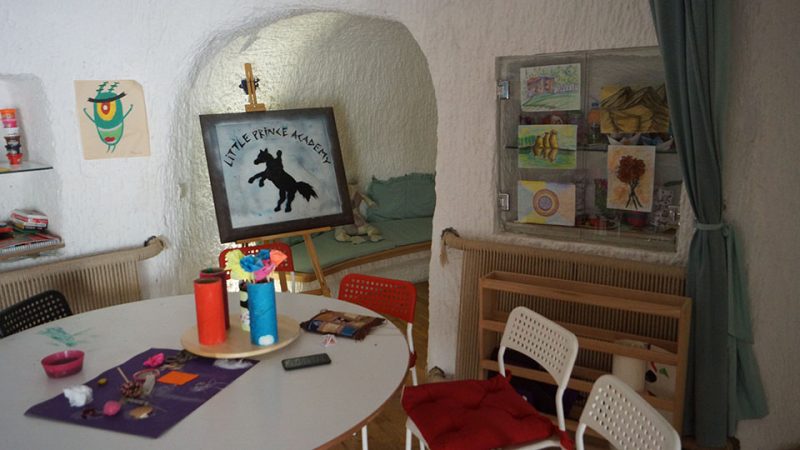
There even is a gardener who is responsible for fixing everything inside and outside the cave. And of course, all the volunteers help everyday to maintain this place, to keep it like an oasis. We had a talk with Ezra from Turkey who is working at Little Prince Academy for one year. Ezra is the coordinator for the volunteers and prepares several workshops for the visiting people. Educated in the social sciences, Ezra writes reports for the doctors after every workshop, to give them detailed knowledge about their development. She explained that many of the people who come to the Little Prince Academy have been really shy and isolated, but after a while they got used to the workers and the place, so they started to develop positively a lot.
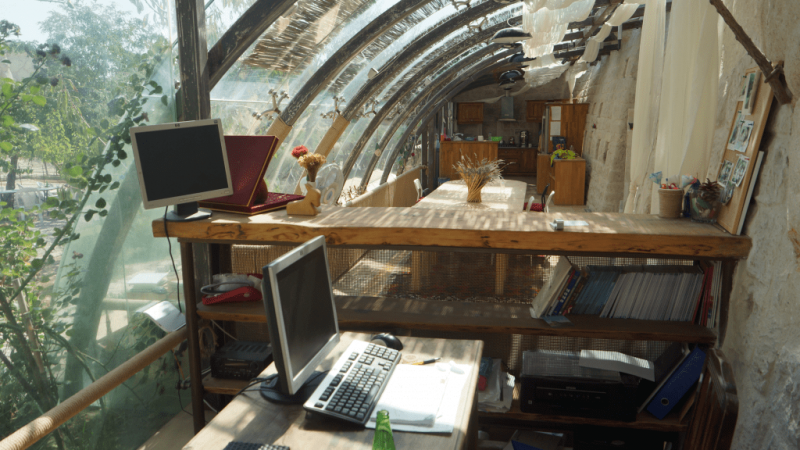
Especially the horse therapy is showing big effects, like increasing confidence, she explained. In fact, the kids are getting a better connection to the horse and are able to lose their fears as well as learn to coordinate multiple tasks, like catching a ball while sitting on the horse. From a certain viewpoint, those activities might seem to be very easy and small, but they are big steps for the people and are helping in their development.
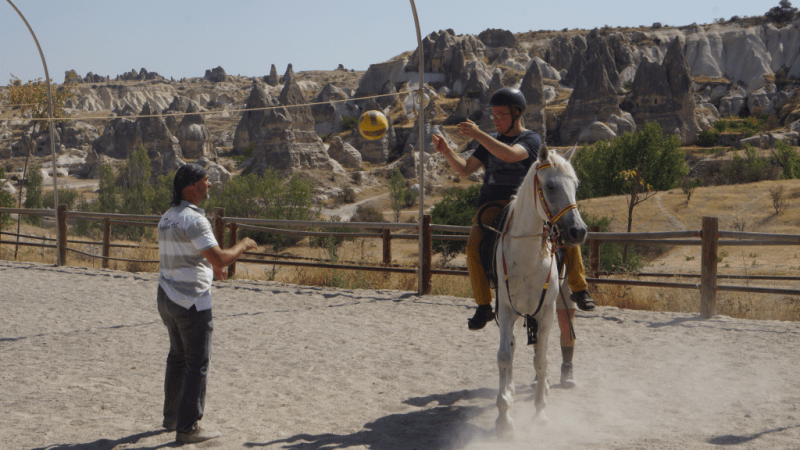
We asked Ezra what disabilities the people who came to Little Prince Academy have. She explained that they are working with people that have several different disabilities like Down’s Syndrome, Cerebral Palsy, Schizophrenia, and other mental and physical disabilities. The workshops and programs also address the lack of confidence or hyperactivity. To prepare them the most, the volunteers are preparing different workshops. Furthermore, the people who are coming to Little Prince Academy have a huge variety in age, which also provides different workshops and tasks. We have been curious of how the project is financed and whether they get support by the government. Ezra explained that the owner Hassan, is financing all by himself.
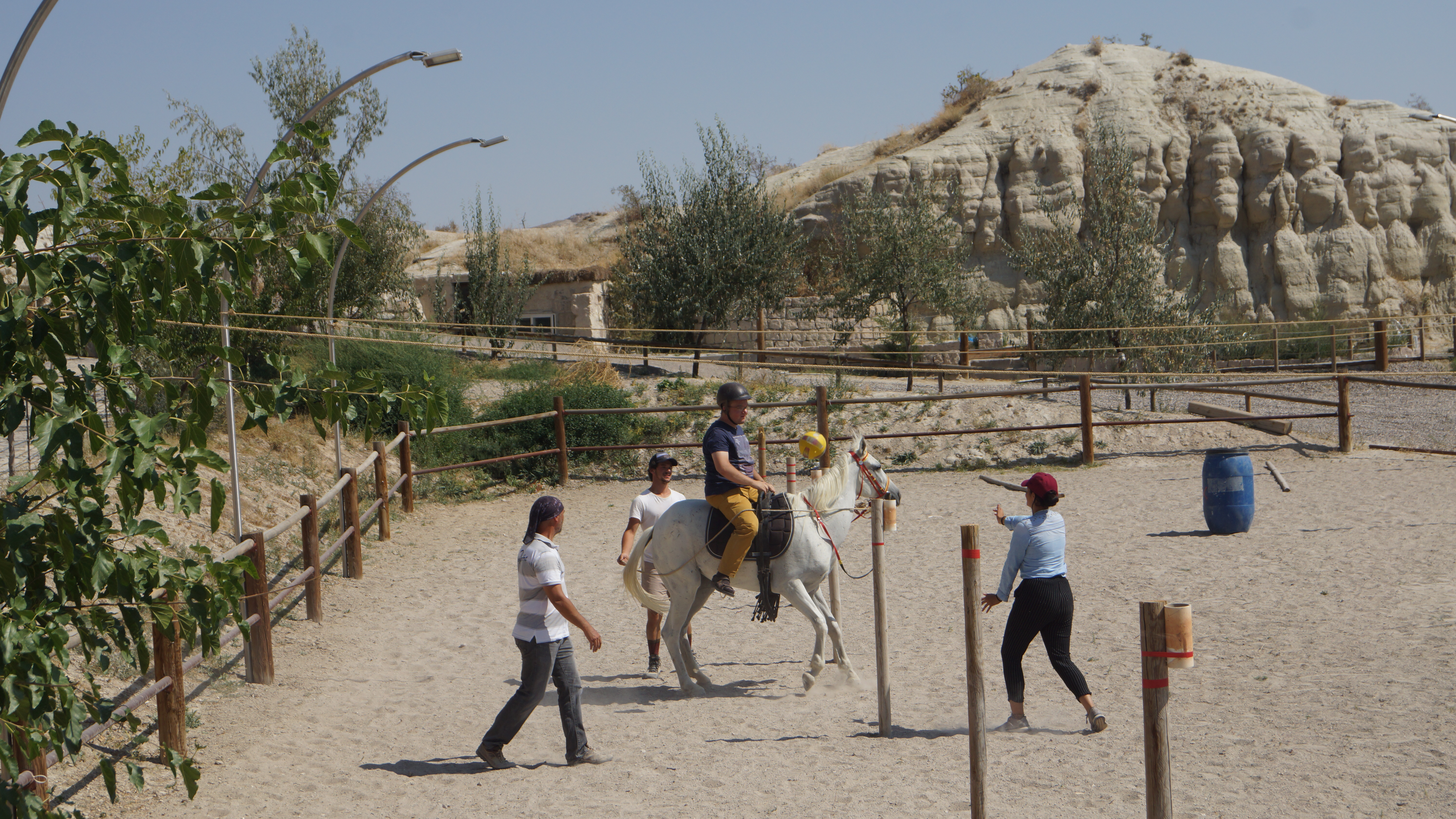
We also talked to David from Romania, who iorganizes the horse therapy. He told us that before he came here, no one was able to do the horse therapy. At first, he didn’t know how he could start this project, but after a while and lots of hours riding the horses, he started to develop the course. What David has learned at Little Prince Academy, he will pass on to the gardener, for him to continue his hard work with the horses in order to improve the development of the therapy. We asked him what is special about this place. David just added, “ everything” – the internationally of the volunteers, the fact that you are the designer of whatever, you can make up your own workshops and you have that freedom to do what you want or like and additionally helping people with that – is what he likes most.
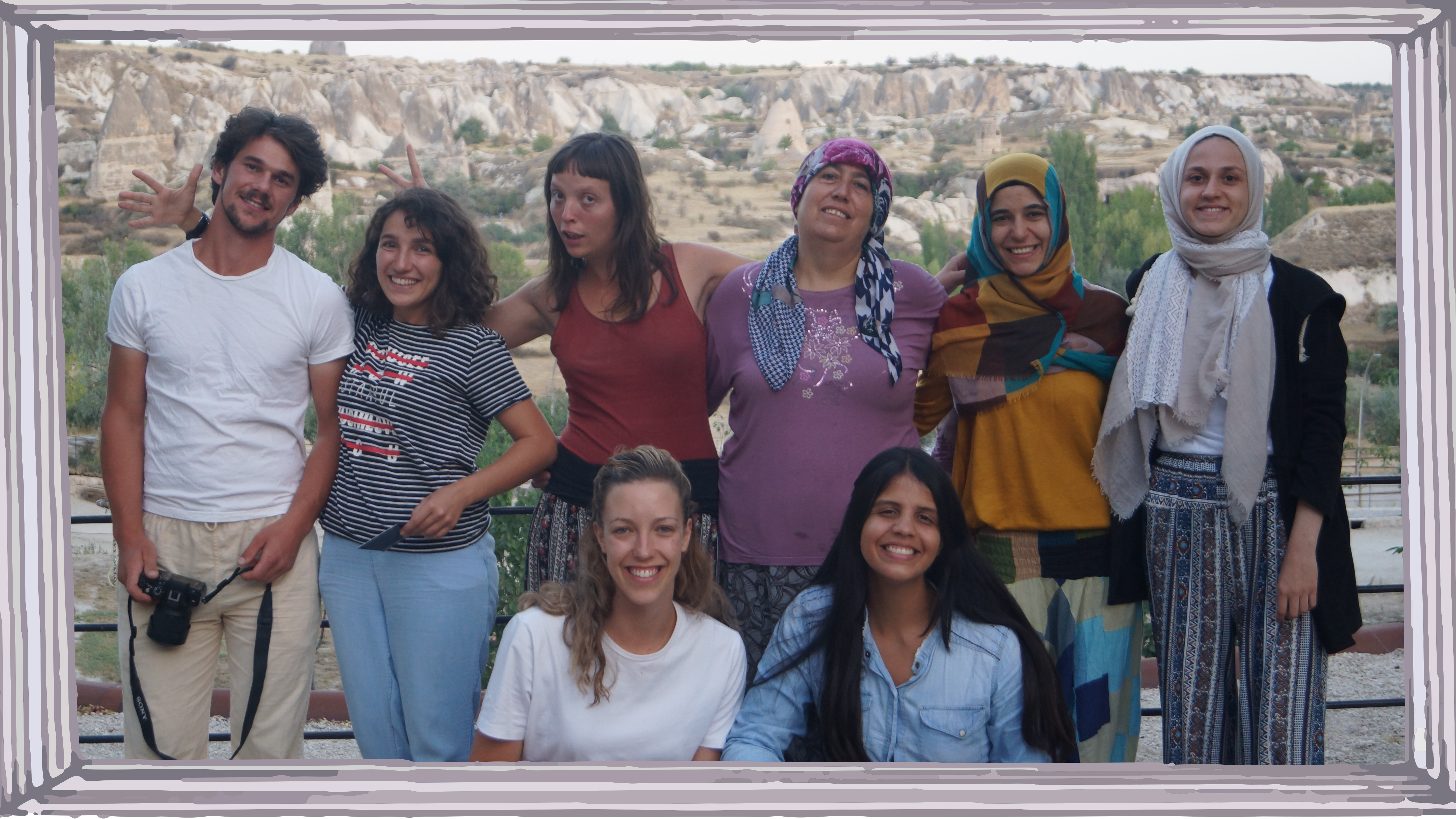
Little Prince Academy showed us how important it is that we have places like this. Safe Spaces, where people can come and feel like it doesn’t matter which disabilities they’ve got, while getting supported by people from all around the world. The experience at Little Prince Academy also showed us, how things can change, like for example for Hassan, who used to build hotels, but because of his son and their situation, he decided to support kids with similar problems. In the light of the fact that there are not many such organizations in Turkey, Little Prince Academy can be seen as a prime example for the general societal topic of inclusion. Especially since the disabled are usually more or less hidden from society, it is important to work with them in such a positively connotated environment. In the end, this helps both the disabled people, but also the abled, who learn to accept disabilities as something normal in their day to day lives. Thus, Little Prince Academy paves the way for more inclusion and acceptance.
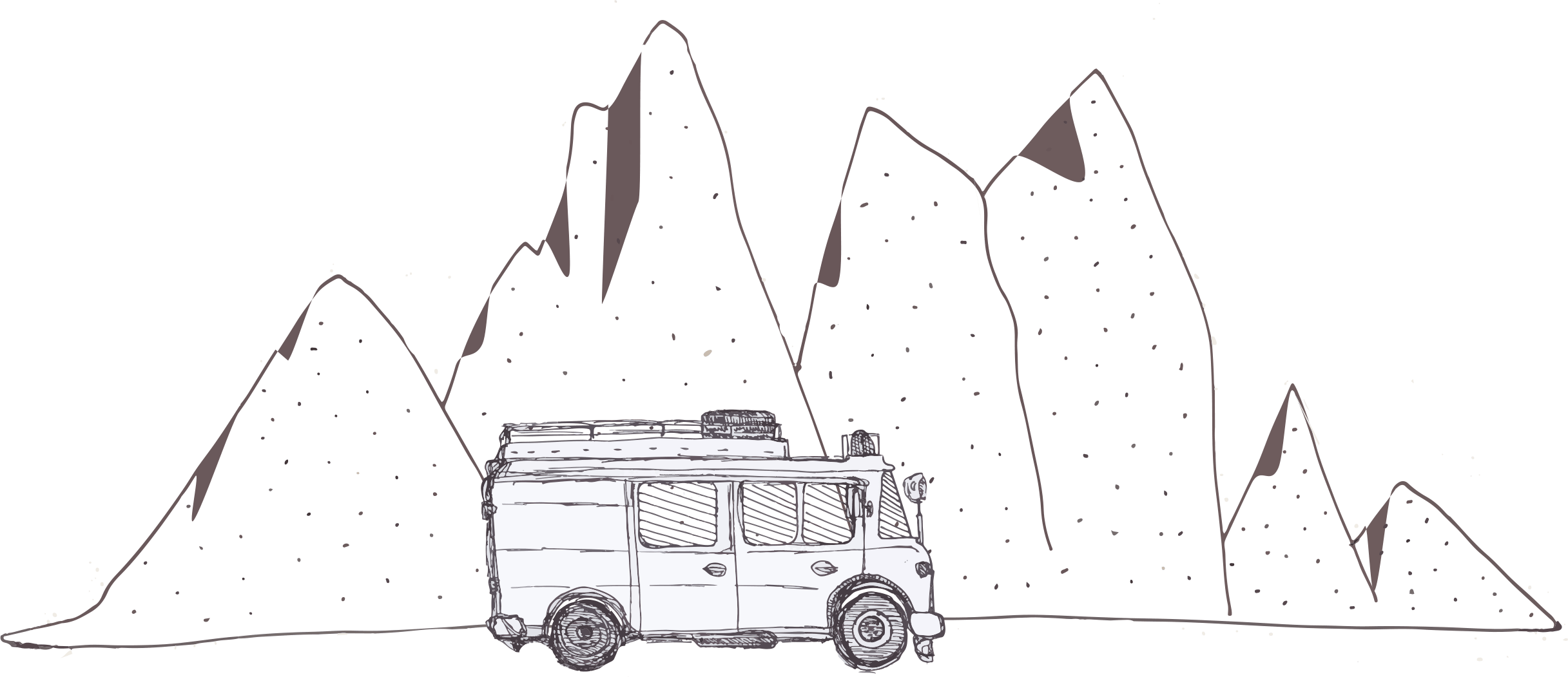
Human, Culture
Little Prince Academy in Cappadocia
The Little Prince Academy is a unique non governmental project in Turkey and very important for its special visitors, made for local disabled people it is a prime example for the general societal topic of inclusion in Turkey…
German English


What is ecotourism?
Ecotourism is a way of alternative tourism that focuses on responsible small scale tourism which sustains the well-being of the local people. The idea is to minimize impacts on the environment and on the same way it educates to build environmental and cultural awareness.
In general it sounds simple: buy your own property, dig little bit deeper into gardening, make an account on workaway, invite young volunteers who are realizing your dream and after a while you might reach whatever you are striving for. But is it that simple? In Turkey we’ve met Bahadir Bahar, a 34 years old primary school teacher, who just started to realize his dream of a small organic farm, where people can come, meet and share their experiences. But how did he make it? We asked Bahadir some questions to share his background, how he realized his small organic farm and what does it take to make everything applicable. We hope this one can help you to start with your own project.
Sima and Julian: “Hello Bahadir how are you?”
Bahadir: “Thanks guys, I am fine.”
Julian: “Why did you want to have an eco farm?”
Bahadir: “Well I was always interested in nature and organic food. If you buy something from the market or wherever, you oftentimes don‘t know where it really comes from. So I decided to produce my own natural food without any additives like chemicals. Basically it was my dream and way of living my life, with pure nature, natural healthy food a slow life with all of my friends. I got the idea that with having a eco farm, I can meet up with people who got similar ideas.”
Sima: ”For how long have you been doing this? ”
Bahadir: “I started the project 4 years ago when I bought the land. Honestly, for the first time I had the project on my mind 12 years ago. I was planning, collecting ideas and gathering informations about vegetables and how a permaculture works, which was not popular at that time here in Turkey. Now it becomes more popular in Turkey.”
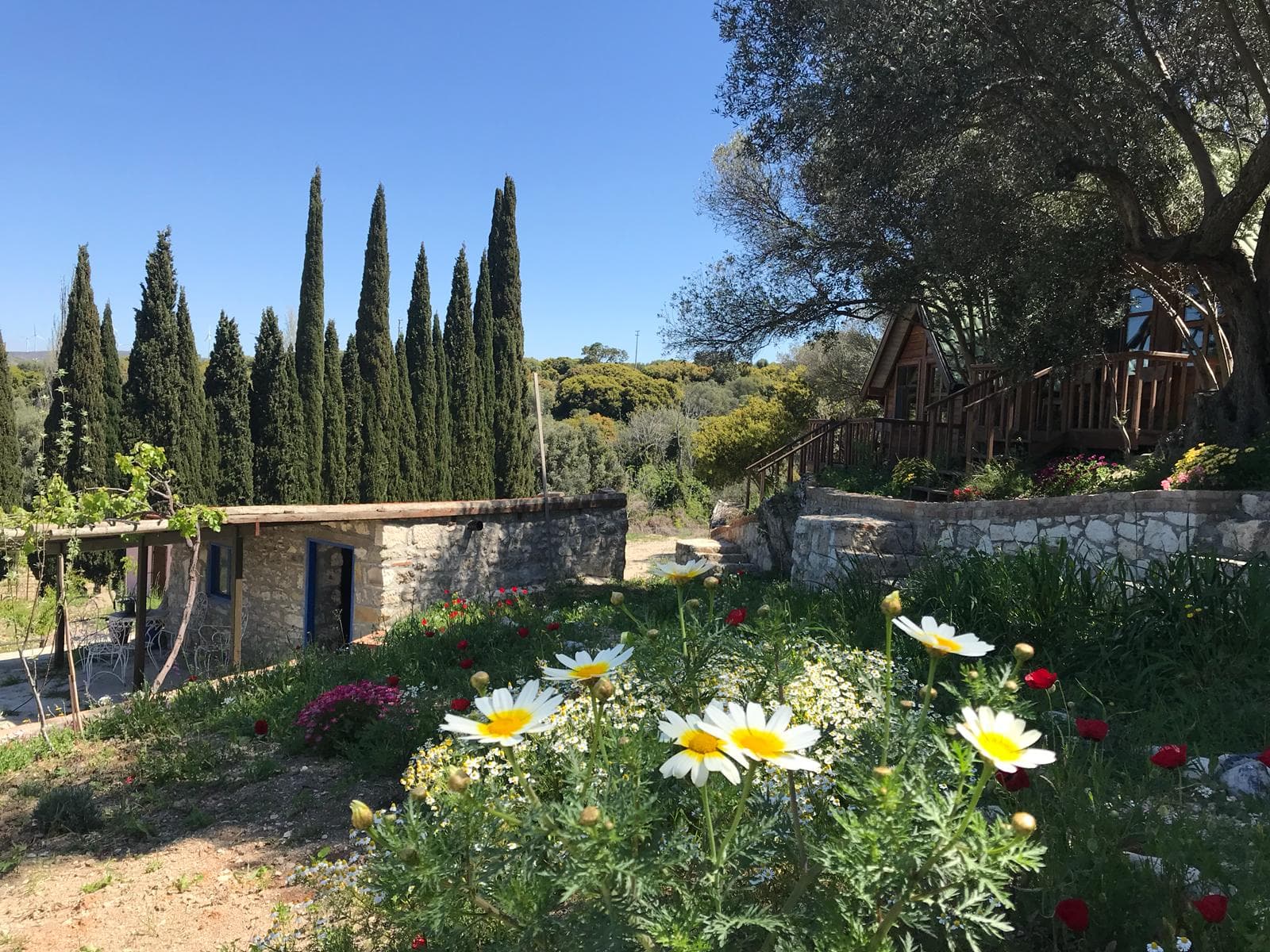
Julian: “Was it easy to implement everything?”
Bahadir: “No, it wasn‘t so easy after I bought the land but once you believe in something and take the first step, then it starts. When you start with a team it‘s a lot easier. If you are alone and just by yourself, it is way more difficult. You have to coordinate yourself, nothing is scheduled, you have to manage everything by yourself. I could just work for the project on the weekend because of my job.“
Sima: “What was the biggest challenge?”
Bahadir: “I think the construction of the houses. I made a contract with the woodmen, they never made the things on time. I had lots of issues with people, because you have to manage everything to make things on point. Everyone wants just money, which is a basic problem in Turkey. Sometimes they had a 5 month delay to finish something. “
Sima: “Do you have any suggestions for others?”
Bahadir: “The location is very important. You have to know who your neighbours are, you might learn a lot from them or might have to face compromises to keep a healthy connection to them. It is very important to have access and enough fresh water on your piece of land.”
Julian: “Why do you use workaway?”
Bahadir: “It is nice to meet people from all over the world, to learn different point of views, it is inspiring. Workaway gives you the chance to meet people from all around the world, it strengthens the cultural exchange. Many people who came have similar projects or even want to develop those, because here they learn how it works in practise and may combine or learn about the difficulties for their own projects.”
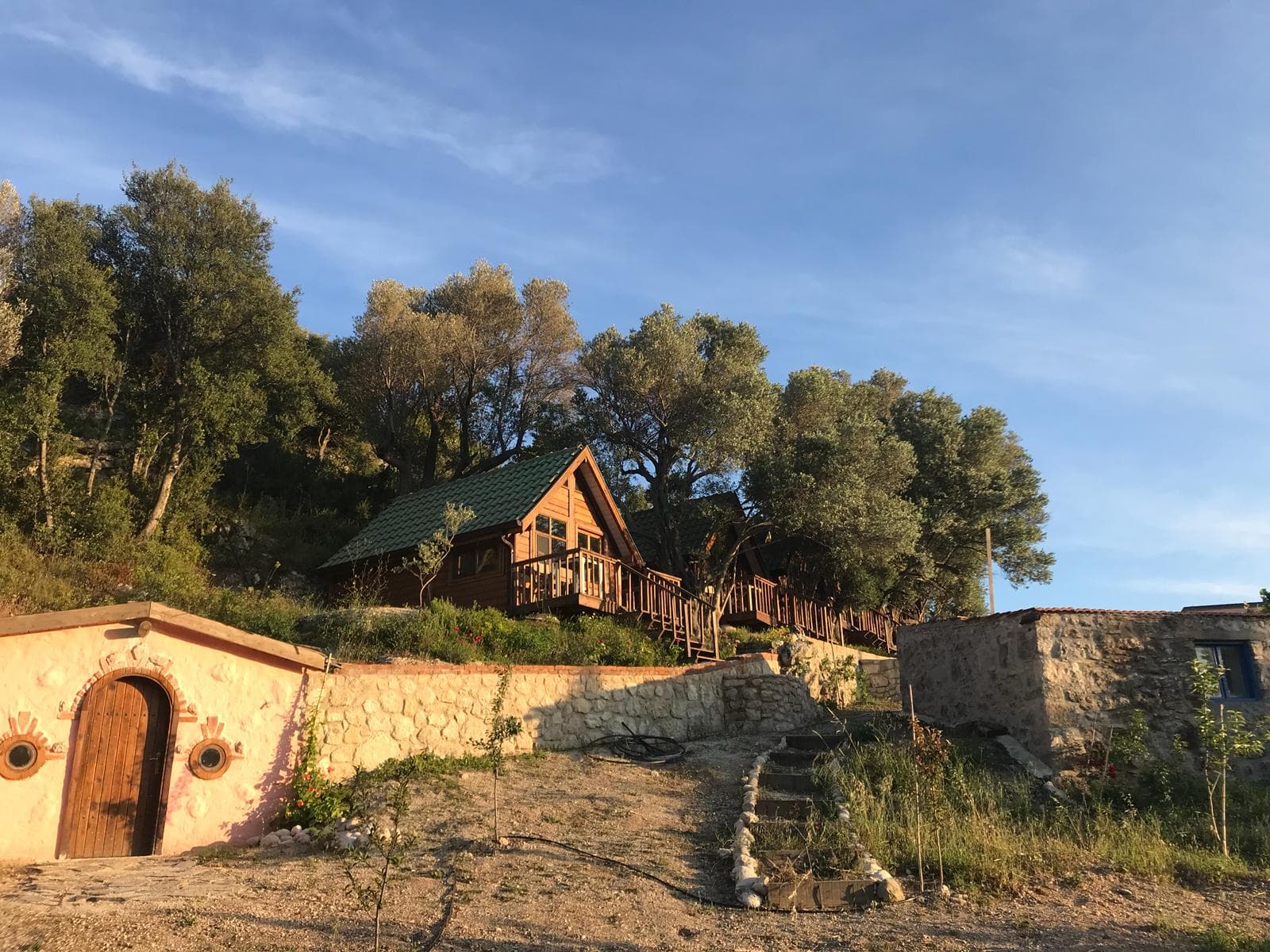
Julian: “What about support, do you got any support by someone? How much was workaway involved in that procedure?“
Bahadir: “The volunteers who came here helped me a lot. The colombians for example made a pathway and a small road, the french guys helped me with the production of wine and with painting. I mean two weeks of volunteering here is not enough to maintain everything. Especially in summer, because it was super hot during the day so you just have a short time frame to work on something.”
Sima: “How do you finance this project?”
Bahadir:“Yeah, my salary was definitely not enough, you can not make this with just 900 € in a month. So I got support by my family. I think you get the money back in some years with eco tourism.
Sima: “Can you live self-sufficient or do you have to buy any externalities from the market for example?”
Bahadir: “No not really. So for example exotic fruits or beer i buy at the market, since now I am also not producing my own milk so this will be an upcoming task.”
Julian: “Where do you see yourself and the project in the future?”
Bahadir: “I am at the beginning now, I have to learn much more. In nature you learn so many new things, you defenitely feel yourself more alive. You consume your own products and then replant them for the next generation, it‘s like a circle. This makes you really calm. What I miss here is to share everything with someone, like my own family. Anyways in the future I want to combine teaching , with my gardening project to show how important nature is and that we are all able to produce our own food.”
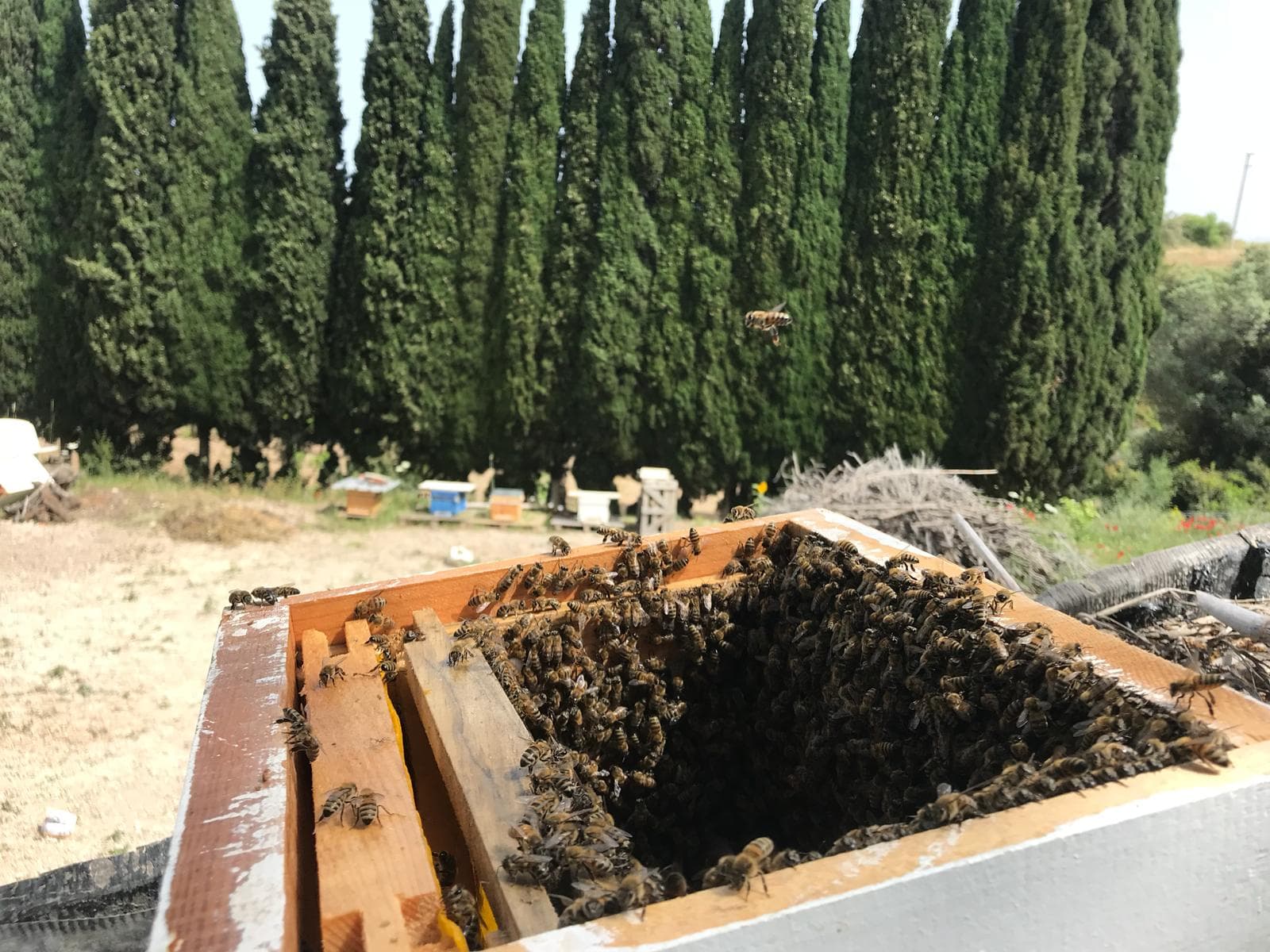
Julian: “Looking back, if you would start your project today, what would you do differently?”
Bahadir: ”I travelled to some farms, I could have travelled more to other places and farms which would have made stuff more easier. I would have loved to gain a deeper knowledge about how to run a garden from others, but this is something no one will teach you. Of course it takes much of practise and the real live shows you where the boundaries are, but I think it is important to share this knowledge. Especially because the majority of people here in Turkey think that you should start with gardening when you retire and that it is impossible to start gardening before.“
Finally we asked Bahar what makes his project “casa do sol” so special and why people should come to his place? He just answered:
“Everything starts by dreaming. People feel so calm and relax here by being in the pure nature, this makes it special for me.”
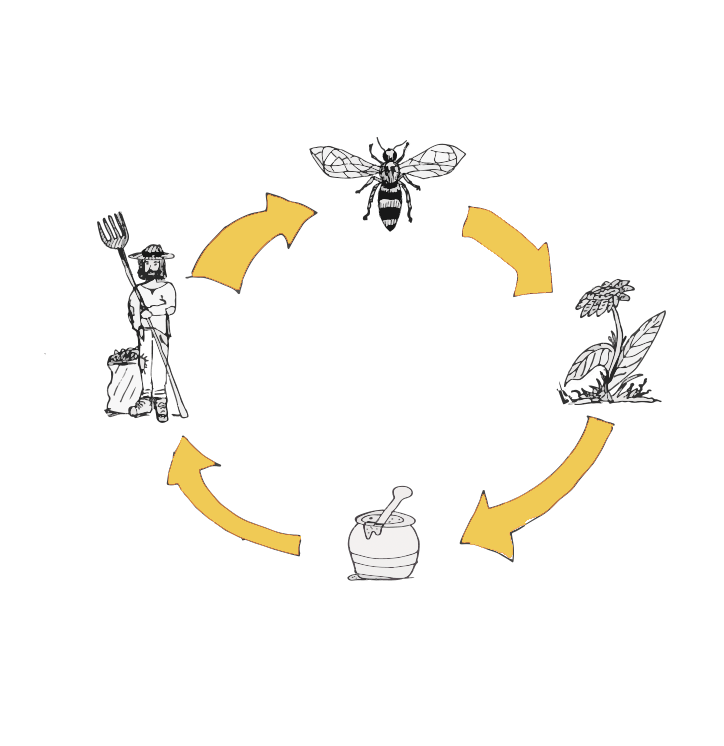
In just four years, nearby Cesme in Turkey, Bahar developed a beautiful eco farm on a small hill next to the mediterranean sea. With a total size of 15000 square metres, having four stone houses and 4 wooden houses for hosting volunteers, friends and people around the world who are interested to learn more about a nature connected and self sufficient life, Bahar has definitely created his dream on this piece of land. Still under construction he already hosts 100 olive trees which he uses to produce his own olive oil. He accommodates 80 different fruit trees and produces almost 15 different types of vegetables. He is keeping his own bees, chickens and of course producing his own vine. Nowadays he is almost able to live completely self sufficient just because a small idea in his mind became to growth.
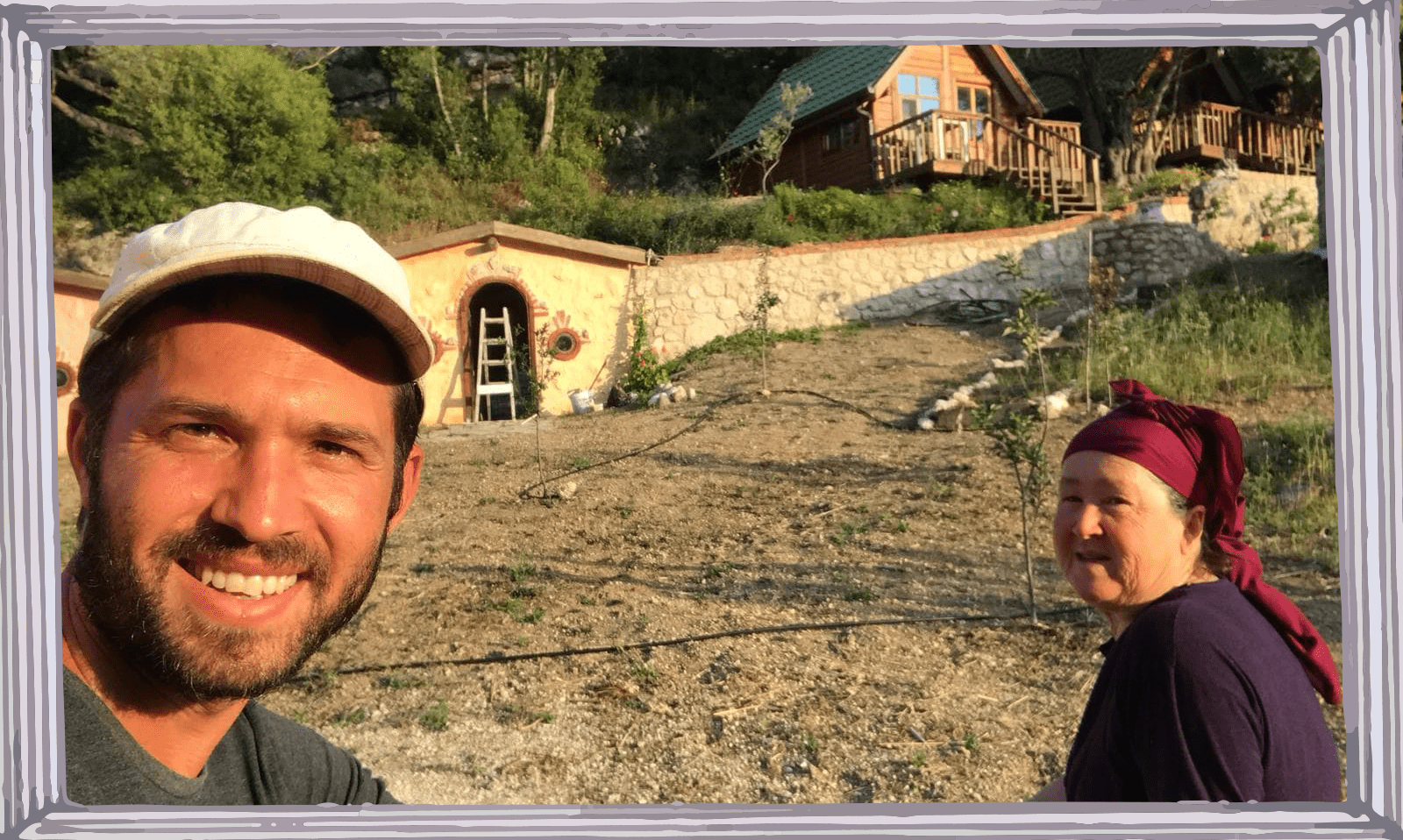
We wish you all the best Bahar, thank you for eveything, we will definitely come back to your lovely project one day. To get further informations about his project and how to visit check out links below:
workaway:
Email:
Instagram:
Nature, Culture
Ecotourism Bahar Baçe in Çeşme.
We asked Bahadir some questions to share his background, how he realized his small organic farm and what does it take to make everything applicable. We hope this one can help you to start with your own project…
German English
